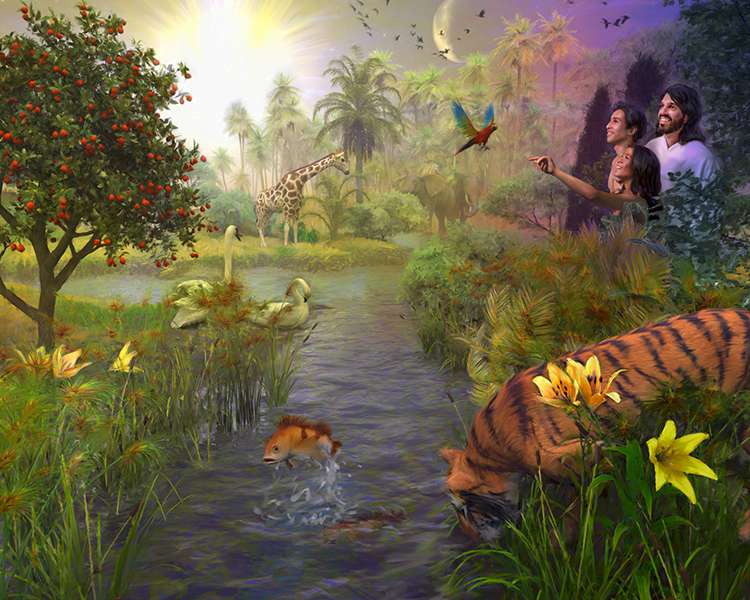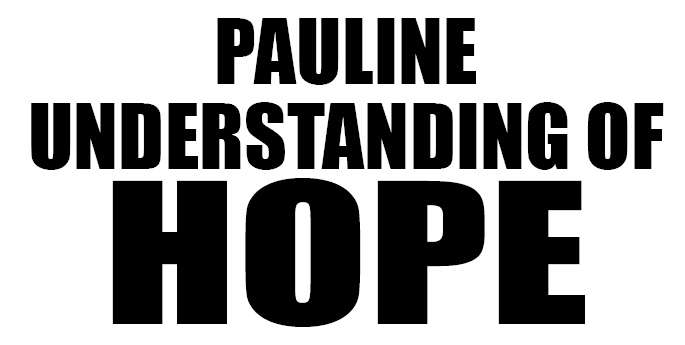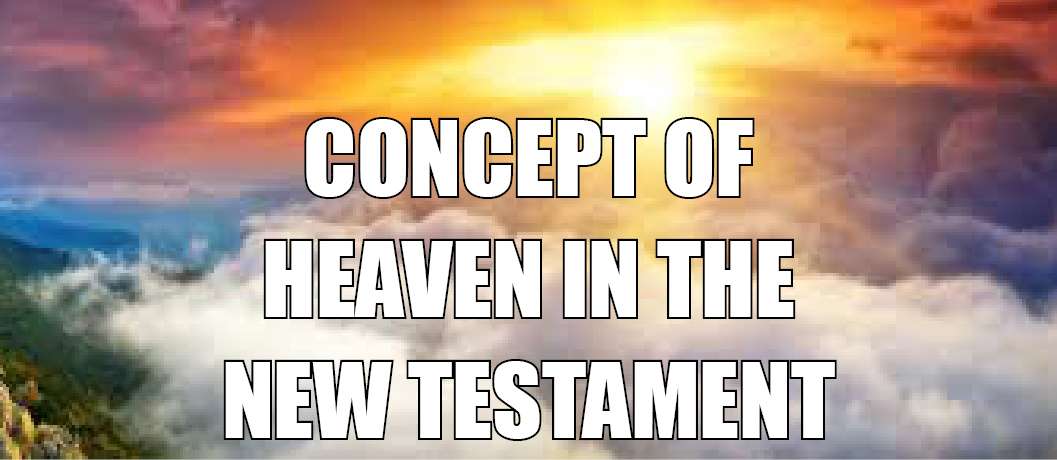

Experience of Creation : An Ecological Reading of Rom. 8:19-23
Pr. Shiju M. George
The world is going through a grave ecological crisis. Technological advancement and economic growth, better living standards and changed life style of people is taking a heavy toll on nature.
“Mother Earth” is sick due to human’s immature lifestyle. In such a context it is worthwhile to study the passage in Rom 8:19-23 where Paul reveals the present state of creation. The word ‘creation’ appears four times here.
Although this can refer to all that is created, its accurate meaning is determined only in its immediate context. In this passage several aspects of the created order are not in agreement with the context. The Un-fallen angels have not been subjected to corruption (vv.20-21), either due to human sin or their own actions. Demons will not be redeemed (v.21) and they do not long for the revealing of the sons of God (v.19). Heaven has not been subjected to corruption or decay (vv.20-21). Unbelievers do not eagerly wait for the revealing of the children of God (v.19) nor will all unbelievers be delivered from the consequences of the sin (v.21).
While verses (vv.17-18) discuss the suffering and glory of Christians and Paul sometimes uses “creation” to refer to believers, Rom 18:19-23 frequently contrasts believers and “creation”.V.23 contrasts believers with “creation” (Not only so, but we ourselves also”). Believers groan (v.23) in a similar way to the rest of the creation (v.22). The creation eagerly awaits the revealing of the sons of God (v.19) and will benefit from the eschatological glory of the believers (v.21).
While these categories of created things are excluded, what remains is the subhuman material creation, or roughly the equivalent of the modern term “nature”. When Paul uses “creation” in this passage he is referring to the natural world. The world of living beings includes plants, animals, birds, mountains, desert, plains, sea and air. Paul states that heaven and earth and the sea and all things in them were brought into being by the living God (Acts 14:15; 17:24). Human life, according to Paul, would be meaningless if not located within the context of nature. The irresponsible act towards nature is reason to re-read this passage.
In this passage Paul prophetically highlights the present and future condition of the human and non-human created world. First of all, it is important to look into the present situation of creation to thoroughly understand the passage.
1. Creation Continually Groaning: A Present Reality
Paul reminds that we know that the whole creation has been groaning as in the pains of childbirth right up to the present time. The situation where the whole creation is groaning shows the intensity of its suffering. Rom.8:19-22 discusses the suffering of the natural world due to the fall. Although the natural world is not itself fallen or disobedient to God, Adam’s sin brought the created order into bondage to death, decay, corruption and futility. The background for this passage is Gen.3:17-19, which describes the curse on the ground due to the original human sin.
Paul explains in Rom.5:12-19, that Adam’s fall brought sin and death to humanity and in Rom 8:20-21 he extends the impact of the fall to the natural world. Moreover, the concept that the earth is defiled by sin is rooted in the biblical references to the defilement of the land of promise due to the sins of its inhabitants (Lev 18:25-28; Num 35:33-34; Jer2:7). In such a context, sin is viewed as a compulsion to act selfishly and destructively.
Human beings act with radical selfishness in relation with God, to one another and in relation to the non-human material world. Accumulative philosophy and development to make human life more comfortable and profitable has done a great disservice to the nature. Human greed as unquenchable thirst and unsatisfied hunger leads to the accumulation of more and more. Human wants are unlimited but the means, i.e., the resources, are limited. Want and greed asks of nature more than what it actually gives to us. This would create imbalances in the created order of the universe and brings ecological crises.
Thus, in effect, ecological crises is a human generated crisis that come back to haunt them. While addressing misplaced concerns of the humans about their wealth and possessions, Jesus uses nature as models from which they must derive lessons. Those humans created “in His own image” are directed to learn lesson from “lesser” creatures that depend on God for survival.
Whatever humans have yearned for and achieved has led them only to rebel against God. They act like God, taking pride in their achievements; they think that they can now live without God. But they do not realize that it is God who “gives” and “provides” what they need. Dependence on God with a “trust” that He will provide is Jesus’ answer to human and ecological crisis.
Jesus makes use of the “creatures”-ravens, lilies, and grass (Luke 12:22ff) while teaching humans how to depend on God. Jesus talks about God providing what humans “need” not what they “want”. Just as He feeds the ravens who “neither sow nor reap…have neither storehouse nor barn” (Luke 12:24), or lilies of the field…they neither toil nor spin” (Matt 6:28), God will feed and clothe them. God is not only Creator but He is the one who sustains. If ever humans could learn this lesson from Jesus, the problem of human and ecological crises would not have arisen in the first place. Even if humans fail to preserve nature God will be just. The fact that console us is that God is in control amidst the whole creation is groaning and He is faithful to liberate the human and non-human created world from its corruption. Therefore it is thrilling to know about the future of God’s creation.
2. Creation Awaiting to Stop Groaning : A Future hope of liberation
The present groaning of the world due to sin is the expectation that God will one day redeem the world and make all this perfect again. Though, Paul does not describe at length the future changes in the transformed creation, he views that the redemption that Christ brings is not simply for humanity, but also has cosmic consequences. The present futility of nature will be removed so that it fulfills the purpose for which it was created.
The theme of hope for the future of creation runs strongly through the passage. Even when God subjected creation to futility as a judicial act in response to the fall of humanity, he gave creation the hope that this condition would be reversed in the future (vv.20-21). This alludes to the promise that the serpent would ultimately be crushed, which God gave along with the curse of the fall (Gen.3:15).
Rom.8:19-22 look forward to a renovation of present creation. There is nothing in this passage that suggests the destruction of the world and the creation of a new world. Creation has “hope” and “awaits eagerly” the future changes (vv.19-20), which is unlikely if the world is going to be destroyed and recreated. The present creation will be delivered from its slavery to corruption and futility and it will be set free to share in the glory of the glorified children of God (v.21).
Thus creation will be able to fulfill the purposes for which it was created, but which were blocked by the damage that human sin brought to the created order. Even though the present plight of creation is due to the fall, the redemption of creation will not involve a return to the pre-Fall paradise, but rather creation will gain more splendor than it lost due to the fall. The natural world will share in the greater glory of the resurrected and glorified children of God.
The redemption of creation is associated with the eschatological righteousness of God, just as the corruption of creation is associated with sin. The natural world will only be glorified when humanity becomes perfectly righteous and obedient to God’s will. After evil people are sent to eternal punishment and only the righteous dwell on the earth, the whole created order will function harmoniously. Nature can only function as God intends when humanity lives as God intends, because of the solidarity between humanity and nature and because of human dominion over the natural order. When humanity is redeemed, the material world over which humanity has dominion also will become what God intends it to be.
To conclude, creation is under God’s control and it is damaged by sin. Due to the fall of humanity, the whole creation has been corrupted by sin and it has subjected to futility. Sin caused humanity to destroy the nature through their greed and selfishness and thus become rebellious against the Creator. Apostle Paul looks forward to the transformation of the existing creation, the removal of the damage of sin and the perfection of creation to share the glory and freedom of the glorified children of God. It is true that the fall of Adam corrupted the world and that we look forward to the eschatological transformation and perfection of creation through a decisive divine act. But as we have got our origin from God along with everything else, we have a distinctive role in the creative work of God to use natural resources for the common good. The natural world will only be glorified when we become perfectly righteous and obedient to God’s will through Christ. So, may God help each one of us to fulfill that dream and thereby conserve our planet for a peaceful and harmonious living.


